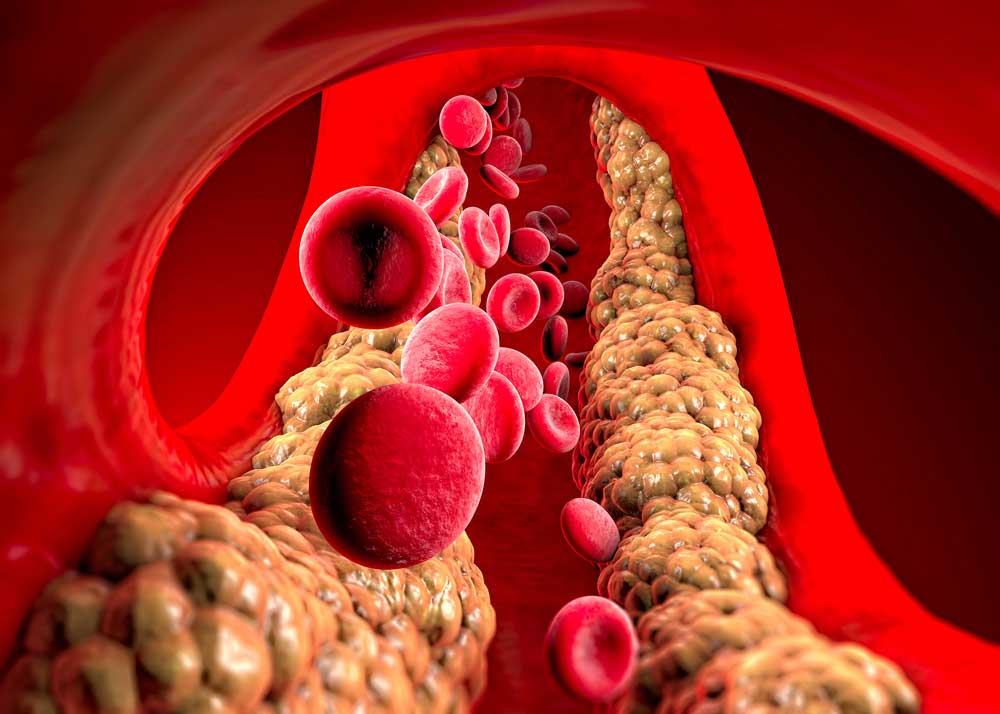
Triglycerides are a type of fat (lipid) found in your blood. When you eat, your body converts any calories it doesn't need to use right away into triglycerides, which are stored in fat cells. High levels of triglycerides in the blood can increase the risk of heart disease, stroke, and other serious health conditions. In a clinical study conducted in San Antonio, researchers examined the factors contributing to high triglyceride levels and identified potential treatment options. Let's delve into the science behind high triglyceride levels and the findings of this study.
The Role of Triglycerides in the Body
Triglycerides play a critical role in the body as they serve as a source of energy for cells. They are derived from the fats we consume in our diet or made by the body from other energy sources, such as carbohydrates. Triglycerides are stored in fat cells and released as needed for energy between meals. However, consistently high levels of triglycerides in the blood can have detrimental effects on health.
Factors Contributing to High Triglyceride Levels
Several factors can contribute to elevated triglyceride levels in the blood, including:
- Poor diet high in fats and sugars
- Obesity or being overweight
- Lack of physical activity
- Smoking and excessive alcohol consumption
- Genetic predisposition
Impact on Cardiovascular Health
High triglyceride levels have been linked to an increased risk of cardiovascular disease, including heart attacks and strokes. When triglycerides are elevated, they can contribute to the build-up of plaque in the arteries (atherosclerosis), which narrows the blood vessels and restricts blood flow. This can lead to high blood pressure, heart disease, and other cardiovascular complications.
Clinical Study in San Antonio
The clinical study conducted in San Antonio aimed to investigate the prevalence of high triglyceride levels in the local population and identify potential interventions to lower triglycerides and improve cardiovascular health. Researchers recruited participants from diverse backgrounds and conducted thorough assessments to determine the factors contributing to elevated triglyceride levels.
Key Findings of the Study
The study yielded several key findings regarding high triglyceride levels in the San Antonio population:
- A significant portion of participants had elevated triglyceride levels above the recommended range.
- There was a correlation between high triglycerides and other risk factors for cardiovascular disease, such as obesity and high cholesterol.
- Participants with genetic predispositions to high triglycerides were more likely to have elevated levels.
- Diet and lifestyle factors played a significant role in triglyceride levels, with participants consuming high-fat and high-sugar diets showing the highest levels.
Recommendations for Lowering Triglycerides
Based on the findings of the study, researchers recommended the following strategies for lowering triglyceride levels and improving cardiovascular health:
- Adopting a healthy diet low in saturated fats, trans fats, and sugars
- Incorporating regular physical activity into daily routines
- Quitting smoking and moderating alcohol consumption
- Monitoring triglyceride levels regularly and seeking medical advice for appropriate interventions
- Considering genetic testing for familial hypertriglyceridemia or other genetic lipid disorders
Conclusion
High triglyceride levels can have serious implications for cardiovascular health, but with the right interventions, it is possible to lower triglycerides and reduce the risk of heart disease and other complications. The clinical study conducted in San Antonio shed light on the factors contributing to elevated triglyceride levels and provided valuable insights into potential treatment options. By implementing lifestyle changes and seeking appropriate medical care, individuals can take control of their triglyceride levels and safeguard their cardiovascular health.
